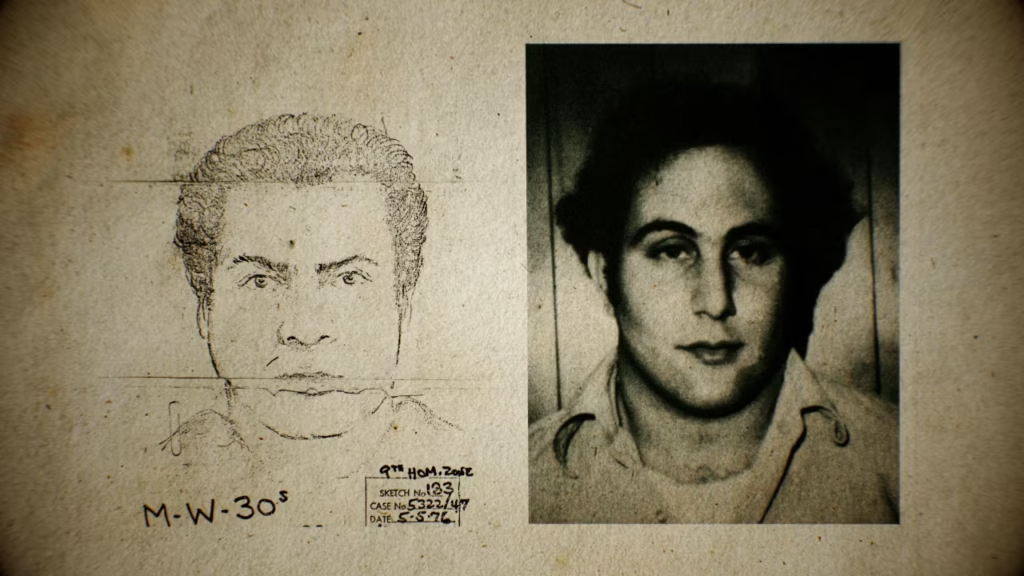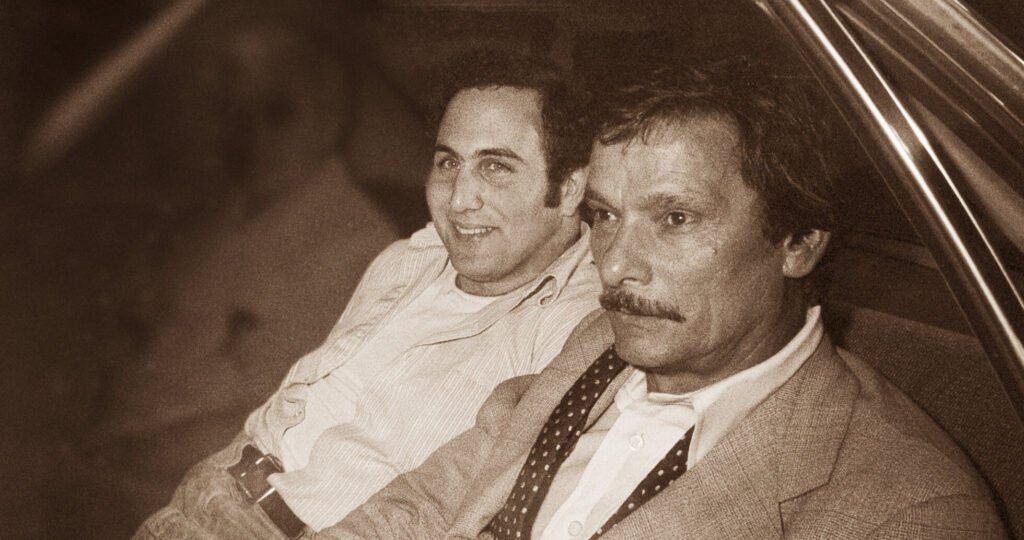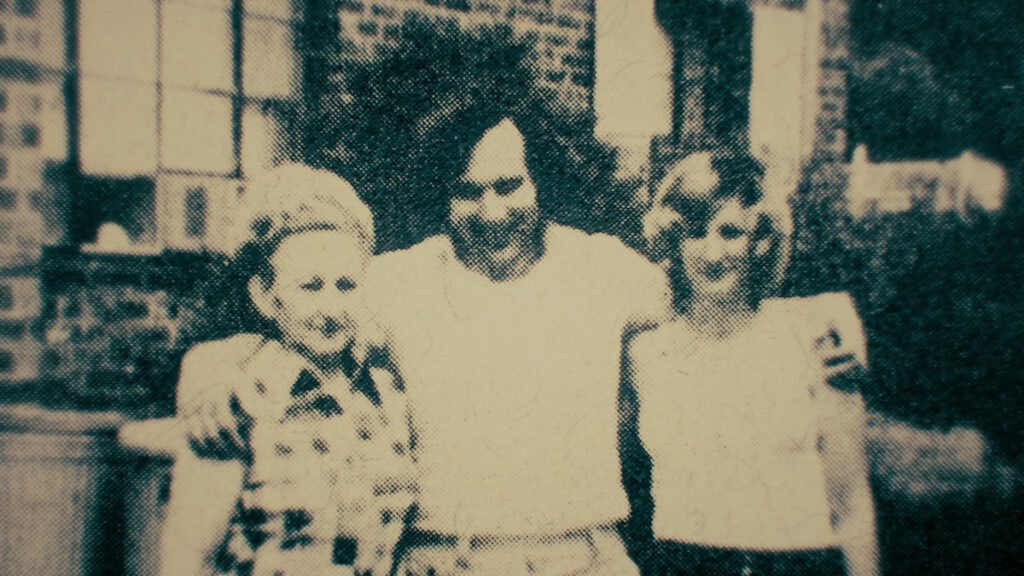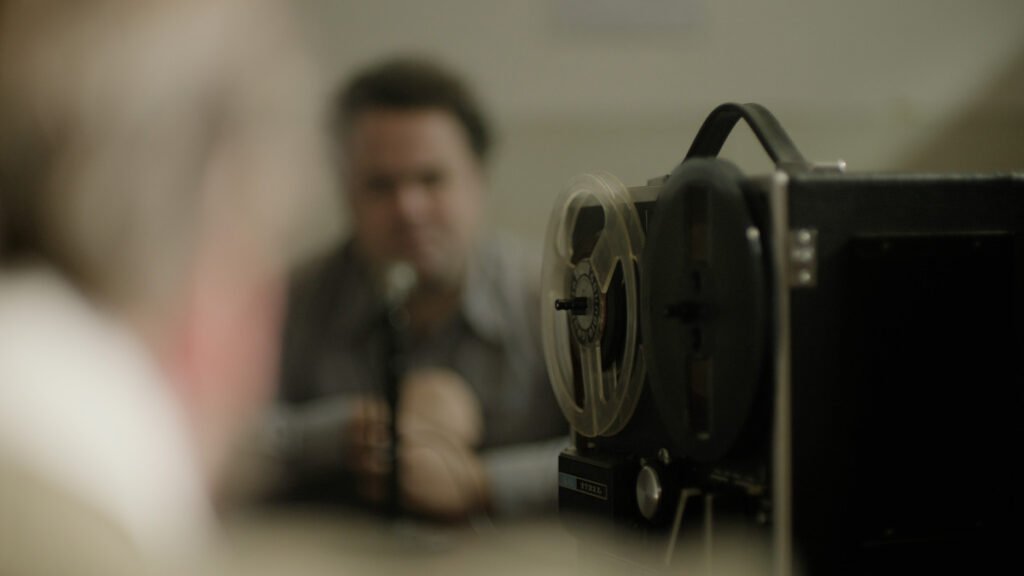Conversations with a Killer: The Son of Sam Tapes Review

Director: Joe Berlinger
Date Created: 2025-07-30 17:18
4
Conversations with a Killer: The Son of Sam Tapes Review: Directed by Joe Berlinger, this three-part true crime docuseries once again combines archival footage, interviews, and audio recordings to construct a haunting narrative. Here, it’s the sinister case of David Berkowitz, the man who terrorised New York City during the 1970s with the self-appointed moniker “Son of Sam.” The series is constructed from never-before-heard 1980 prison interviews by journalist Jack Jones, allowing the audience into the mind of a serial killer—not through court transcripts or third-party testimony, but directly from the killer.
Conversations with a Killer: The Son of Sam Tapes Review
It was discomfiting initially to hear David Berkowitz, aka .44 Caliber Killer himself recount some of his own fall into violence, but at the same time, in a strange kind of way, it was engrossing. There is something inherently disturbing to hear evil excuse itself. And yet this documentary has the audacity to do it, without ever sentimentalising the subject.
The mood is tense but never melodramatic, which I was happy with. Most documentaries about true crime tip into sensationalism, adding creepy music and histrionic re-creations in an attempt to turn up the melodrama. Berlinger resists all that here. Instead, he allows the facts and Berkowitz’s own words to do the talking. And sometimes that plain description of violence is more frightening than any horror trope.

Perhaps the most interesting thing about the documentary The Son of Sam Tapes is how it veers away from simply reporting on the crimes. Instead, it examines the world in which they occurred. The late 1970s were already a crazy time in New York City—a city placed on its knees by fiscal catastrophe, crime out of control, and decreasing public support for institutions. When the killings started, many New Yorkers felt that the city itself was unravelling. The docuseries is able to put David Berkowitz’s killings into this social context, giving the viewer a better idea of why the case was such a media sensation.
But most fascinating in this series was the manipulation, how even out of a cell, Berkowitz attempted to control the narrative. Jack Jones’s recordings acquaint us with an actor, one who manipulated life and altered his emotions in reaction to the audience. At times, he appeared remorseful; at times, calculatingly logical or even flippant regarding what he’d accomplished. It puts one in mind of a simple question: Can you ever actually believe the account of a serial killer?

That uncertainty was something that both repelled and attracted me. On one hand, it’s far too simple to call Berkowitz a monster and leave it at that. But on the other hand, the series never makes it easy for you to dismiss him as a monster. Rather, it makes you struggle with his humanity—his abusive childhood, his sense of abandonment, his need for attention. There were times when I felt ill, not because of the horrors, but because I was starting to feel his pain. That discomfort is where the series is at its best; it doesn’t require you to sympathise, but it drains your sense of moral absolutism.
Even with the tight editing and quick pacing, the series lingered too long over some of the breakdowns along the way. Berkowitz’s upbringing is certainly a part of the equation, but the constant mention of his adoption, emotional abuse, and religious fantasies began to feel like it was straining too hard to justify him. More of the victims and survivors, what their lives were like before, during, and after the attacks, would’ve been appreciated. Their stories, as presented, felt a little secondary to Berkowitz’s.

Visually, the docuseries Conversations with a Killer The Son of Sam Tapes is layered, intercutting dramatised séance scenes with proper archival footage. The re-enactments do not linger but are reserved for building the paranoia and occult horror that clung to the case. These are intercut with grainy news clips, black-and-white photographs, and raw footage of 1970s New York—a city on the brink. It was like watching old noir films, but the horror was real. I also liked the way the documentary did not sensationalise the “Satanic panic” aspect or fall for Berkowitz’s subsequent claims of cult involvement. Instead, it treated his confession and antics with guarded scepticism, flagging inconsistencies in his story but not trying to solve every enigma.

Conversations with a Killer The Son of Sam Tapes Review: Summing Up
Ultimately, Conversations with a Killer: The Son of Sam Tapes docuseries left me disturbed to my very core, not for any shocking new insights, but because it made me realise that monsters don’t necessarily present themselves as monstrous. They present themselves as the nice fellow down the street who leads an ordinary life in the daytime and commits atrocious acts in the dead of night. That quiet horror lingered long after the last episode.
Also Read: Trainwreck: Storm Area 51 Review: Wild Glimpse at Internet Chaos, But Lacks Depth
